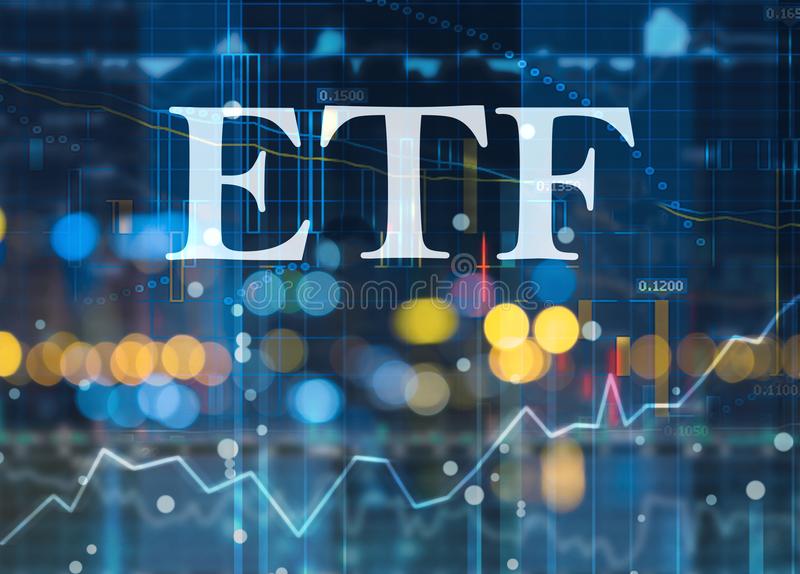ETFs are cost-efficient and help you build a diversified portfolio
ETF stands for Exchanged Traded Funds. It is a collection of many stocks/bonds that are traded under one fund, very similar to Mutual Funds. Unlike Mutual Funds, however, ETFs are traded on the US stock exchanges with real-time pricing. It is an easy and cheap way to get exposure into a sector that would otherwise be difficult to invest in.
Let us look at 5 things you need to know before investing in ETFs.
1. ETFs help build a diversified portfolio
ETFs are a great tool to build a solid and diversified portfolio. You may buy a single ETF and invest in hundreds of stocks or bonds or diversify across sectors or themes. For example, the INVESCO NASDAQ 100 ETF seeks to track the investment results (before fees and expenses) of the NASDAQ-100 index. The Invesco China Technology ETF seeks to track the investment results (before fees and expenses) of the FTSE China Incl A 25% Technology Capped Index. It basically gives you exposure to the Chinese technology sector in an easy manner.
2. ETFs are cost efficient
ETFs can be an easy way to gain exposure to many companies and not have to pay high trading fees. If an investor wants to invest in the top 500 US companies, he/she can buy a share of the SPX, an ETF for the S&P 500 index, instead of buying shares of 500 different companies. Also, ETFs have low expense ratios as compared to an actively managed fund. In an actively managed fund, the investor pays for the expertise of the fund manager. Passively managed ETFs have no such charges. This means that more of your money works for you and earns you greater returns.
3. ETFs are taxable
If an investor sells his ETF shares and realizes a profit, then taxes are due on the the capital gains realized either through appreciation of the net asset value or through any dividend that may be received. Now, let us compare the taxation of ETFs vs Mutual Funds. One of the main reasons ETFs are more tax-efficient is that they generally create fewer taxable events than mutual funds. The overwhelming majority of ETFs only sell holdings when the elements that compose their underlying index change. A significantly lower portfolio turnover rate means significantly fewer taxable gain incidents.
4. Align the ETF with your investment objective
Almost every ETF will seek to track the investment results of an index. As an investor, choose an index based on your risk appetite and desired asset allocation. ETFs like the Dow Jones Industrial Average ETF or the SPDR S&P 500 ETF TRUST can be good starting points for beginner investors since they track popular indices (You can learn more about indices). You may choose sector-specific ETFs too. ETFs like the Energy Select Sector SPDR Fund, track the publicly traded equity securities of companies in the Energy Select Sector Index.
5. Check the track record
When choosing the ETFs to buy you need to check the assets under management. An ETF should have a minimum level of assets. A common threshold is $10 million or more. An ETF should also have sufficient daily trading volumes as that means it is more liquid. One should also consider the underlying asset or the index and make sure it is widely followed. Also, opt for an ETF with minimum tracking error (the difference between the actual return on the ETF and the returns of the benchmark index).
If you are investing through the Vested platform, along with ETFs you can invest in a curated portfolio of stocks and ETFs which tracks sectors, geographies, and themes through Vests.









